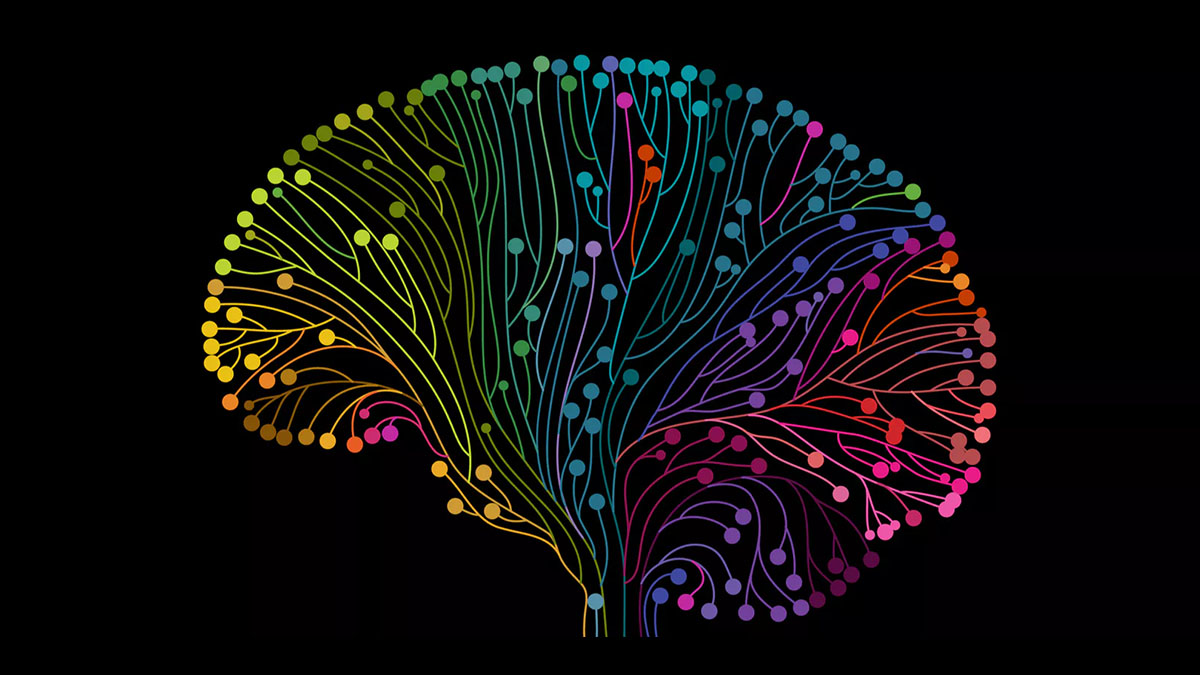another look at human memory…

I’m not aware of an itemized set of rules for science bloggers, but I think the rule I violated in an earlier post is definitely at the top of a list like that. When putting up something counterintuitive and potentially controversial, be sure to include a reference link. When comparing human memory to computer memory, I wrote that human brains don’t have a limit on how much information they can store in contrast to computers which hold only so much data on their drives. The link is up now, but according to the feedback, I’ve got some explaining to do.
A machine records whatever data you want to keep on volumes and indexes them so you can retrieve it at any time you want. But those volumes have limits. They can only store so much until they run out of room to record the bits and bytes, and something has to be overridden or deleted for a new file to be recorded. So what about the human brain? Do our neurons ever get backed up with data in a similar way a computer drive would? The Atkinson-Shiffrin Model of memory, which is the standard model we learn in psychology classes, has this to say about the limits of the human brain to acquire and store information…
Capacity is unlimited in the sense that nobody seems to run out of the capacity to store new [data] even if they live beyond 100 years. If they did, then either they would stop learning entirely or new learning could only take place by first erasing something already stored in our long term memory. This does not appear to happen — when storage/retrieval capability is lost, it’s due to deterioration of brain systems rather than to systems exceeding their holding capacity.
Of course you may ask whether over extremely long periods of time, our brains finally run out of ways to store data. Well, Atkinson and Shiffrin conceded there could be a theoretical limit, but whatever that limit is, it would take a lot more than a human lifetime and becomes pretty much meaningless unless we have an unlimited lifespan. If it takes thousands of years to fill up your mind but you’ll only live until 80, you’ll never have to worry about running out of capacity to store information. If we wanted to get really technical, we could say that there was no practical limit to how much information we could acquire and store. It’s retention that’s limited.





